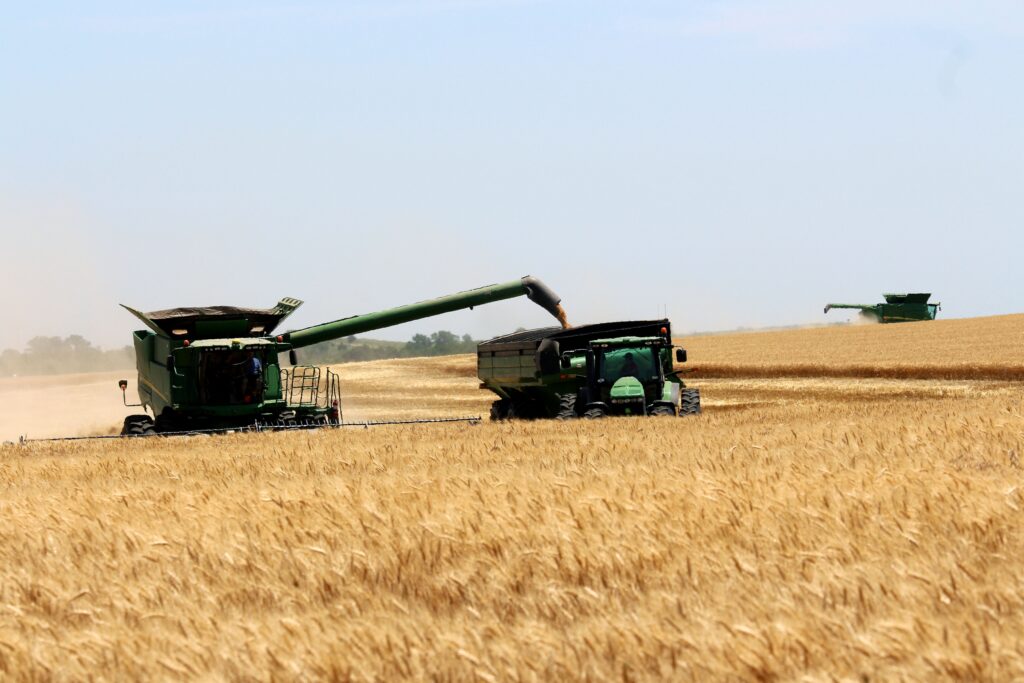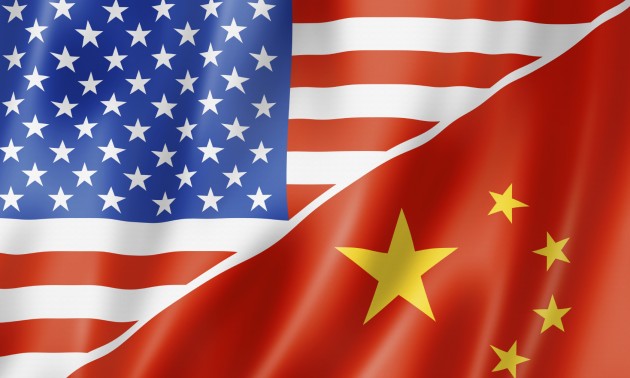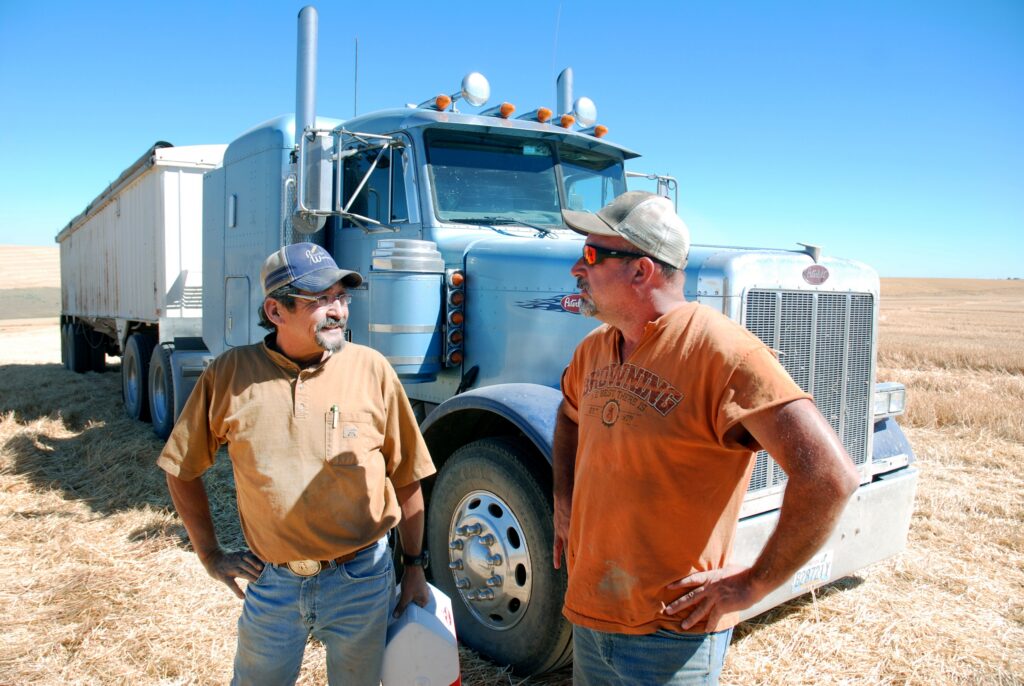Give U.S. Wheat Farmers the Freedom to Compete

ARLINGTON, Virginia — The familiar African proverb says that when elephants fight, it is the grass that suffers. Unfortunately for America’s farmers, that grass is the wheat growing in their fields as the big guys in Washington, D.C., and Beijing escalate their trade fight. China’s state-run importing agency and private flour millers bought an average […]
Farm Organizations Look for Negotiations with China to Achieve Durable Market Access

WASHINGTON, D.C. — Eighteen U.S. agricultural organizations sent a letter to President Trump on May 31, 2018, expressing hope that he will “prioritize negotiations with China to resolve many longstanding obstacles to U.S. agricultural exports while avoiding mutually destructive tariffs.” The organizations agree that there are certainly major problems in the U.S. trade relationship with […]
New Tariffs Could Jeopardize Administration’s Bilateral Trade Agenda

WASHINGTON, D.C. — U.S. Wheat Associates (USW) is once again disappointed that its repeated warnings about the consequences of the Section 232 investigations on steel and aluminum have been ignored and some of our closest allies and trading partners have been hit with new tariffs. “It is dismaying to see that common sense has not […]
Wheat Groups Welcome Counternotification on India’s Reports to WTO
ARLINGTON, Virginia — This week, the U.S. Trade Representative (USTR) formally questioned data India has reported to the World Trade Organization (WTO) about its market price support programs for wheat and rice from marketing years 2010/11 to 2013/14. U.S. Wheat Associates (USW) and the National Association of Wheat Growers (NAWG) consider this counternotification (CN) to […]
Wheat Groups Applaud Decision to Negotiate for TPP Membership
ARLINGTON, Virginia — U.S. Wheat Associates (USW) and the National Association of Wheat Growers (NAWG) are very happy to learn that President Trump is directing U.S. Trade Representative (USTR) Robert Lighthizer and National Economic Council Director Larry Kudlow to begin negotiating for the United States to join the Trans-Pacific Partnership (TPP). “Putting it simply, joining […]
China’s Response to New U.S. Tariffs Will Hurt U.S. Wheat Farmers

ARLINGTON, Virginia — With the announcement today that China intends to retaliate against the latest proposed U.S. tariffs, hard-working U.S. farmers are clearly in the line of fire from what looks more and more like an escalating trade war with China. U.S. Wheat Associates (USW) and the National Association of Wheat Growers (NAWG) believe wheat […]
Wheat Grower Organizations: Enforcing Trade Rules is Best Done Within the Rules
ARLINGTON, Virginia — While U.S. Wheat Associates (USW) and the National Association of Wheat Growers (NAWG) understand and support the need to enforce international trade rules, we are very concerned about the implications of the Trump Administration’s decision today to impose more than $60 billion in tariffs on Chinese goods under Section 301 of the […]
Wheat Organizations Ask USTR to Work Toward Re-Joining TPP to Prevent Serious Revenue Loss
ARLINGTON, Virginia — U.S. Wheat Associates (USW), the National Association of Wheat Growers (NAWG) and 33 state wheat organizations have expressed hope in a letter to U.S. Trade Representative (USTR) Robert Lighthizer that the Administration will immediately prioritize accession to TPP to save the valuable Japanese market for U.S. wheat farmers. “Once TPP is ratified, […]
Steel, Aluminum Tariffs Raise the Risk of Retaliation Against U.S. Agriculture
ARLINGTON, Virginia — U.S. Wheat Associates (USW) and the National Association of Wheat Growers (NAWG) are extremely disappointed in the decision announced today to impose sweeping tariffs on imports of steel and aluminum. We have repeatedly warned that the risks of retaliation and the precedent set by such a policy have serious potential consequences for […]
TPP 11 Puts U.S. Wheat Exports to Japan at Risk
ARLINGTON, Virginia — U.S. Wheat Associates (USW) and the National Association of Wheat Growers (NAWG) have expressed concern that the recent announcement that the eleven remaining TPP members have concluded talks on a revised deal without us is a looming disaster for U.S. wheat farm families and related industries. It puts U.S. wheat exports at […]

